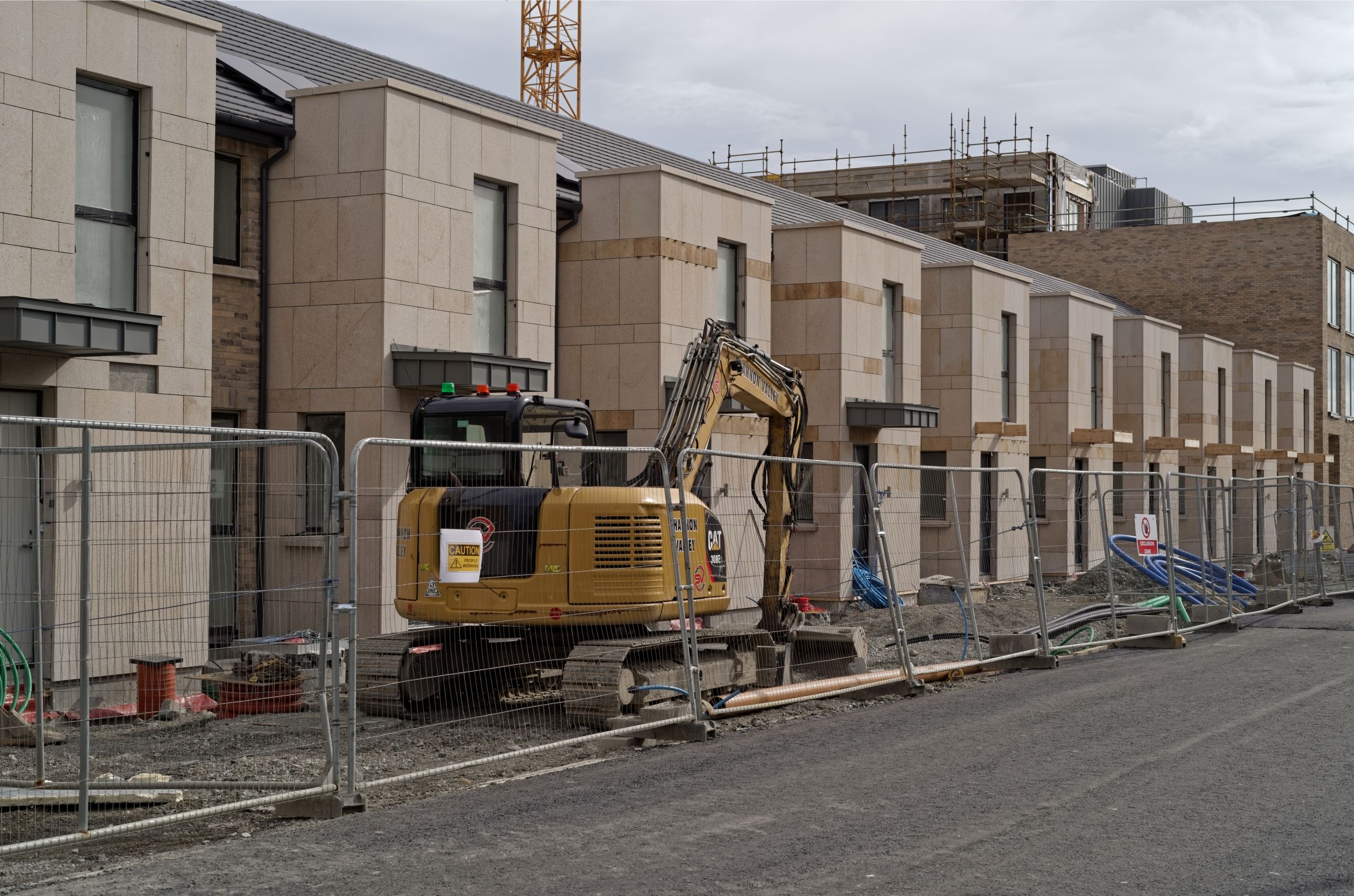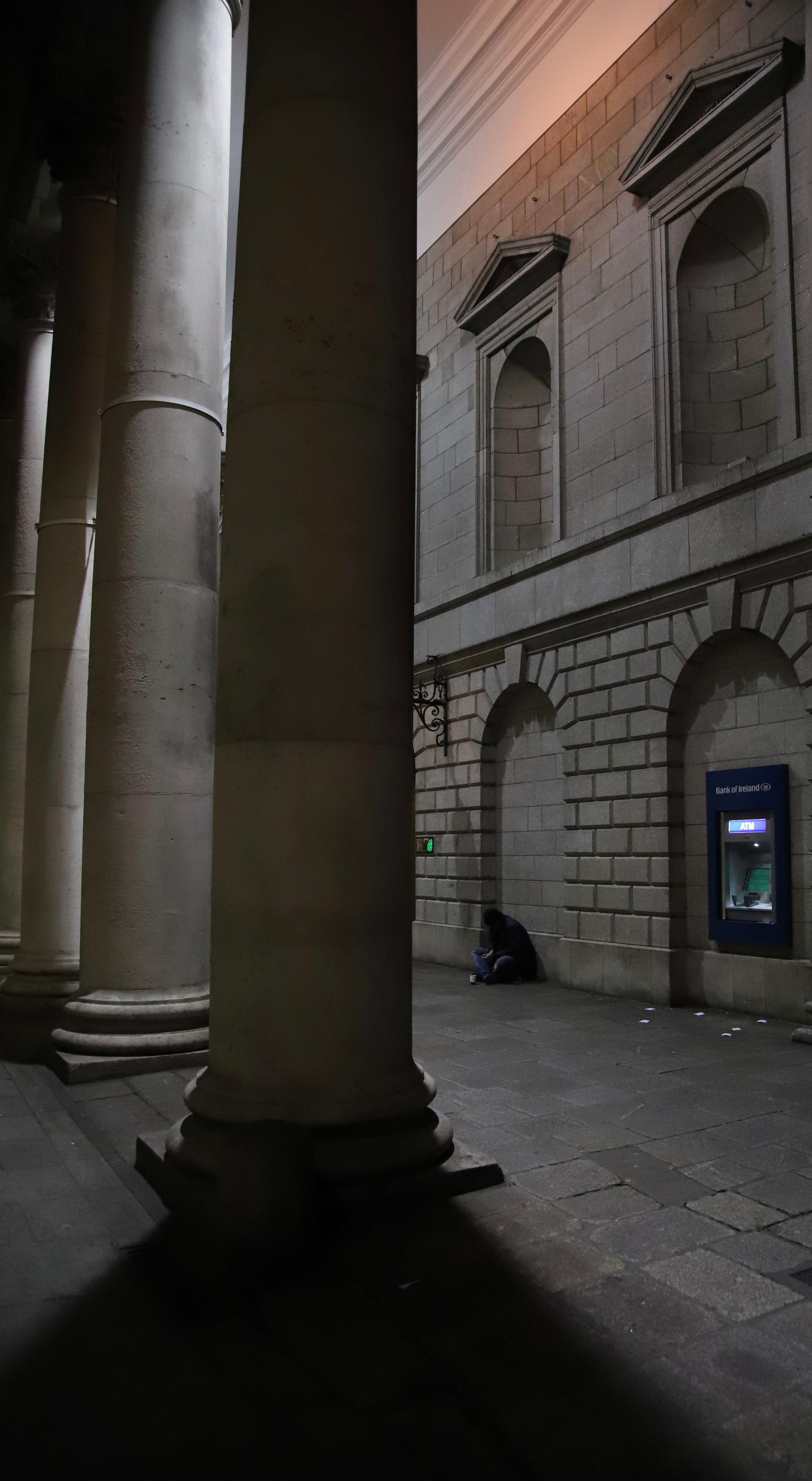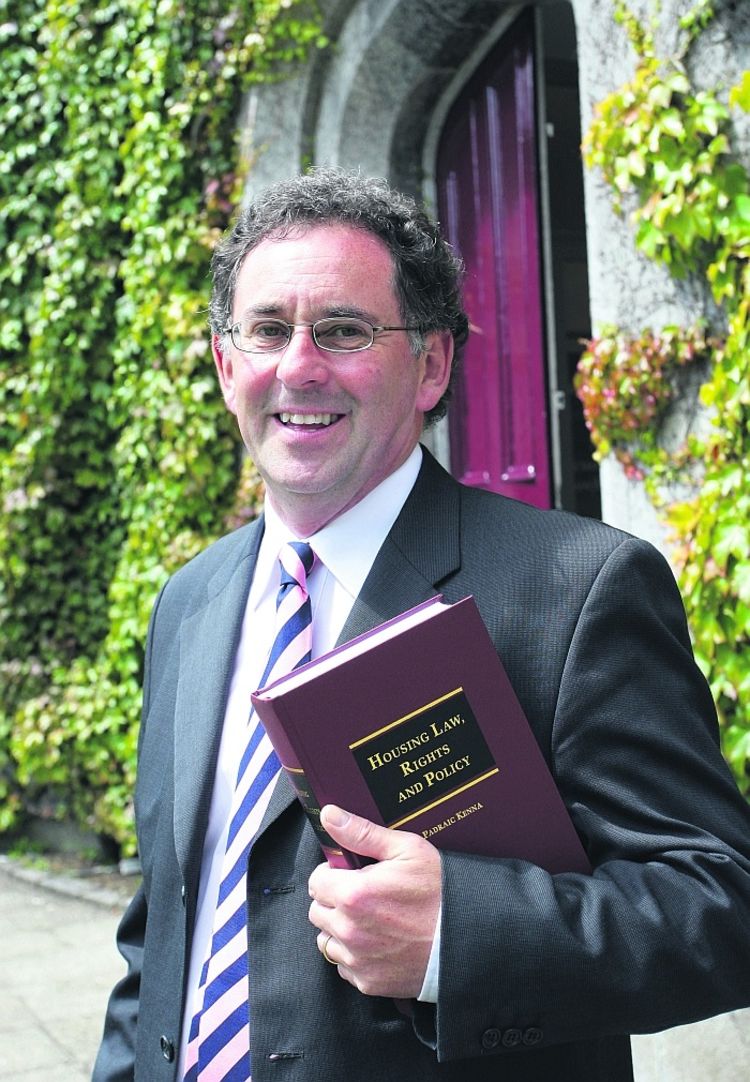Addressing the Housing Crisis post-COVID-19


Model emergency housing legislation addresses rented and mortgaged housing, migrant and refugee housing, housing for people with disabilities and those facing homelessness
Dr Padraic Kenna from the School of Law in University of Galway, has drafted Model Emergency Housing Legislation on housing rights with the Open Society Justice Initiative in New York, and international housing rights experts.
The Model Emergency Housing Legislation is based on existing laws around the world, but builds on these to include housing rights for all. It can be used by human rights advocates and legislators to integrate the universally recognised right to housing into a binding national law.
To coincide with the release of the model legislation, the launch of a new report ‘Protecting the Right to Housing during the COVID-19 Crisis’ examines the measures taken by countries across the world in relation to housing during the pandemic.
In March 2020, Ireland took immediate action to deal with the risk to human life and public health posed by COVID-19. Emergency legislation to prevent the spread of the disease and mitigate its adverse economic consequences included a rent freeze and a ban on evictions. Guidance for protecting homeless and vulnerable groups was issued in April. In line with European Banking Authority Guidelines, mortgage lenders in Ireland vowed to defer legal proceedings and repossessions against borrowers in default, and to extend payment holidays to homeowners hit by the pandemic.
While medical advances will now, hopefully, protect people from the disease, it is generally accepted that the adverse economic consequences of COVID-19 will continue for some time. Just as there has been amazing progress in medicine, now is also the time to make progress in developing housing rights. Emergency measures on housing rights must be extended and developed to ensure the right to adequate housing for all.

“Many countries have implemented legislation to prevent evictions and rent rises during the COVID-19 pandemic. We now need to build on those housing rights protections in the context of the economic consequences of the pandemic. This model emergency housing legislation addresses rented and mortgaged housing, but also housing rights protection for people in informal and temporary settlements, migrant and refugee housing, housing for people with disabilities and those facing homelessness. These are often the people who are most vulnerable to contracting COVID-19 due to poor sanitation and overcrowding.”
“Governments must now take a comprehensive legislative approach to protecting the right to housing until the public health and economic crisis caused by COVID-19 is over. We hope this model legislation will act as a catalyst for the acceptance of comprehensive legislation to ensure the right to housing is protected.”
“COVID-19 has laid bare the global housing crisis. The proliferation of homelessness, and inadequate, overcrowded, and unaffordable housing is the result of governments having prioritized housing as a means for financial investors to generate profit rather than treating it as a basic necessity and a human right. Governments must ensure domestic legislation protects housing as a human right in a manner consistent with their international human rights obligations.”
Economic hardship, globally, caused by the COVID-19 pandemic has negatively impacted housing for millions around the world, accelerating homelessness, evictions, and the loss of home ownership. Even before the pandemic, approximately 1.8 billion people globally lived in what international bodies characterised as “grossly inadequate” housing conditions and homelessness. Adequate housing is a key factor affecting a person’s likelihood of being severely impacted by COVID-19, including their ability to socially distance and access clean water and sanitation.
The Model Emergency Housing Legislation is available here: https://bit.ly/2Lk5tmJ
To read the report ‘Protecting the Right to Housing during the COVID-19 Crisis’ is available here: https://bit.ly/3lUvdTn
For more about the Open Society Justice Initiative, visit: https://www.justiceinitiative.org/


Dr. Padraic Kenna
Dr Padraic Kenna is a Senior Lecturer in Law, and Director of the Centre for Housing Law, Rights and Policy at the Law School University of Galway, Ireland. He specialises in housing law and housing rights, property and land law, consumer law, regulation and governance, with a commitment to promoting housing rights within the contemporary housing and regulatory systems. Dr Kenna developed the first course in Ireland on housing law and policy, at NUI Galway, and collaborates on national and international housing training and education projects. He publishes widely in housing, human rights and property law journals and books, providing a critical analysis of contemporary law and policy. He has extensive experience of working in housing and related areas, where he held developmental, training and management roles, in both the statutory and non-governmental sectors.
